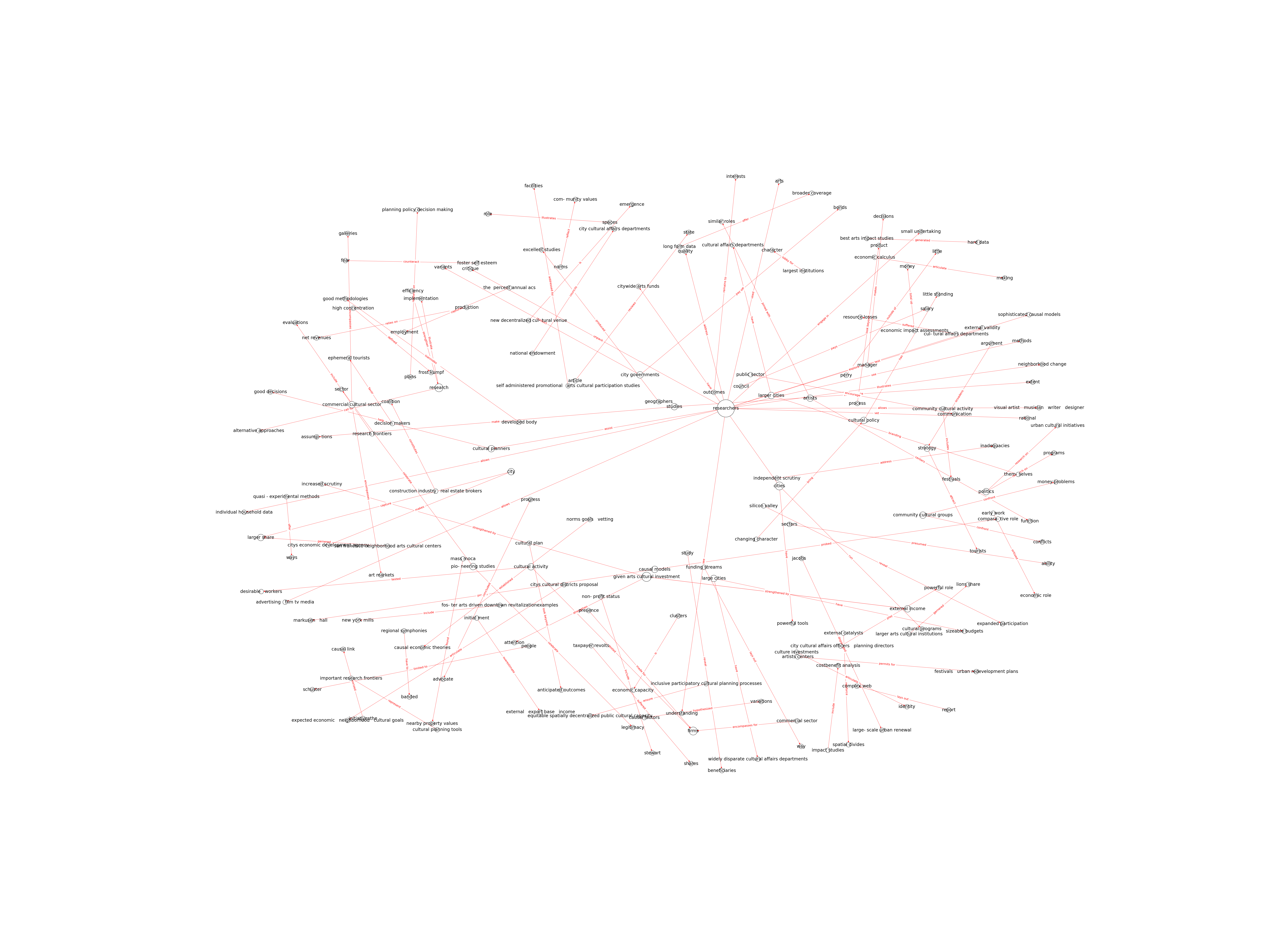| Id | 150 | |
| Author | Markusen , A., ; Godwa, A., | |
| Title | Arts and Culture in Urban or Regional Planning: A Review and Research Agenda | |
| Reference | Markusen, A., Godwa, A. (2010). Arts and Culture in Urban or Regional Planning: A Review and Research Agenda. Journal of Planning Education and Research 29(3) 379‑391. |
|
| Keywords | Cultural planning; Arts planning; Cultural policy; Arts policy; Creative city; Arts impact; Gentrification; Cultural districts; Tourism |
|
| Link to article | https://doi.org/10.1177/0739456X09354380 |
|
| Abstract | Amid the buzz on the creative city and cultural economy, knowledge about what works at various urban and regional scales is sorely lacking. This article reviews the state of knowlege about arts and culture as an urban or regional development tool, exploring norms, reviewing evidence for causal relationships, and analyzing stakeholders, bureaucratic fragmentation, and citizen participation in cultural planning. Two strategies—designated cultural districts and tourist-targeted cultural investments— illustrate how better research would inform implementation. In guiding urban cultural development, researchers should examine and clarify the impacts, risks, and opportunity costs of various strategies and the investments and revenue and expenditure patterns associated with each, so that communities and governments avoid squandering “creative city” opportunities. |
|
| Metodology | Case studies that help the authors to understand the richness of cultural planning and challenges in specific places. The focus is, instead, on articulating the common hypotheses driving creative city initiatives and how these might be tested using existing data, comparative cases, and new methods. |
Technique | Document analysis; Literature review |

Note: Due to lack of computing power, results have been previously created and saved in database


